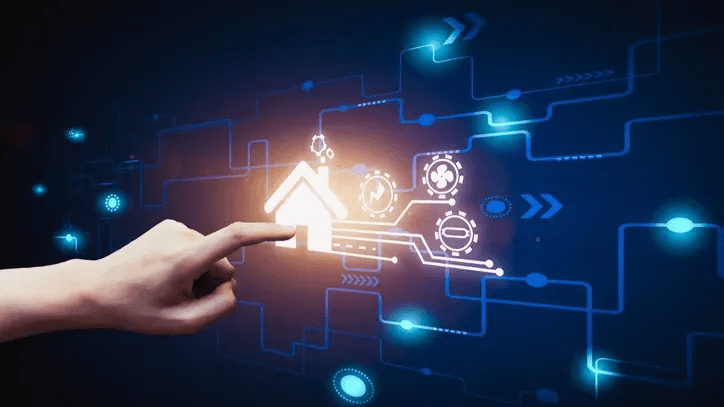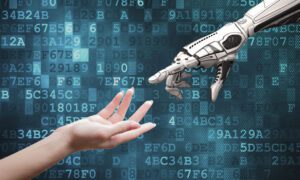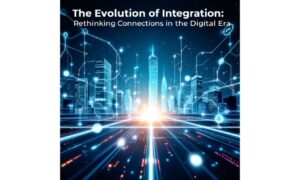Technology in 2025 is more adaptive, interconnected, and accessible than ever before. What once required specialized knowledge is now available to everyday users through intuitive interfaces, cloud-based platforms, and artificial intelligence tools. As individuals and businesses increasingly rely on digital solutions, staying informed about these innovations has become essential. Platforms like Nano Banana 2 make it easier to explore what’s new, what’s evolving, and how technological shifts are influencing real-world experiences.
Artificial Intelligence: The Engine Behind Modern Innovation
Artificial intelligence (AI) has moved far beyond basic automation. Today, AI tools assist with content creation, data analysis, research, communication, scheduling, and even creative work such as art and video editing. One particularly popular advancement is Image to Image technology, which allows users to transform visuals, enhance photos, or generate entirely new concepts from existing images. This capability is widely used in digital art, marketing, gaming, and product design.
Large language models, machine learning systems, and natural language interfaces have made AI feel like a personalized assistant. Users can now ask a tool a question, provide a prompt, and receive a detailed, accurate response instantly. This ease of interaction has accelerated AI adoption across industries like healthcare, retail, manufacturing, and education.
Cloud Computing and the Rise of the Remote Workforce
Cloud-powered tools continue to reshape how people work, allowing teams to collaborate across borders without physical barriers. Businesses store documents, run applications, and manage infrastructure through cloud services that offer greater security, scalability, and cost-efficiency.
Remote and hybrid work models have matured significantly over the past five years. From startups to global enterprises, organizations rely on cloud platforms to maintain productivity, communication, and workflow management. This transition has created new opportunities for freelancers, digital creators, and remote professionals to build careers from any location.
Smart Devices and IoT: Turning Homes Into Intelligent Spaces
The Internet of Things (IoT) enables everyday objects to communicate, learn from user behavior, and respond automatically. Smart speakers, lighting systems, security cameras, and home appliances now integrate seamlessly through unified platforms. These devices are not just convenient—they improve energy efficiency, home safety, and personalized comfort.
Industries also benefit from IoT advancements. Manufacturers use sensors to track equipment performance, reduce downtime, and improve workplace safety. Hospitals use wearable devices to monitor patient health in real time, allowing early detection of issues and faster interventions.
As connectivity improves, IoT ecosystems will continue to expand, making environments more responsive, intelligent, and user-friendly. Businesses can further enhance this transformation by leveraging IoT app development services to ensure seamless device integration and smarter digital experiences.
Cybersecurity: Protecting Digital Lives
With increased digital dependence comes increased digital risk. Cybersecurity has become a priority for both individuals and businesses. As threats evolve, so do the tools and techniques required to stay protected.
Companies can invest in advanced security systems such as multi-factor authentication, automated threat detection, and secure web gateway solution all through a single platform like Scalefusion, to monitor and control web traffic, block malicious sites, and enforce security policies. Individuals are encouraged to adopt safer habits, including using secure passwords, avoiding suspicious links, and keeping software updated.
Modern cybersecurity is no longer optional—it is foundational to maintaining trust, privacy, and operational stability in a connected world.
FinTech and Digital Money: A New Financial Landscape
Financial technology (FinTech) is reshaping how people pay, save, and invest. Digital wallets, contactless payments, and online banking platforms make transactions faster, safer, and more convenient. Meanwhile, blockchain technology continues to influence global finance by offering decentralized alternatives to traditional systems.
Cryptocurrencies, tokenized assets, and smart contracts are now part of mainstream financial conversations. Although the industry continues to evolve, it offers new opportunities for financial inclusion, innovation, and global trade.
Traditional banks have responded by adopting AI-powered fraud detection, automated services, and digital-first customer support. This blended ecosystem enhances user experience while maintaining regulatory standards and financial security.
Education and Work in the Digital Era
Education has undergone noticeable transformation through online platforms, virtual classrooms, and AI-assisted learning tools. Students access personalized lessons, interactive content, and skill-based courses that prepare them for modern careers.
Meanwhile, workplaces are integrating automation to increase efficiency. Instead of replacing human roles, automation often removes repetitive tasks so employees can focus on creativity, problem-solving, and strategic projects.
As organizations adopt these tools, digital literacy becomes a crucial skill for navigating future job markets.
What the Future Holds
The next stage of technological evolution will be shaped by advancements in robotics, biotechnology, augmented reality, and quantum computing. These fields promise new breakthroughs in medicine, engineering, communication, and environmental sustainability.
For users who want to stay ahead of the curve, platforms like Nano Banana 2 provide insights into emerging digital trends, new tools, and evolving technological landscapes.
Staying informed is no longer just an advantage—it is a necessity. Understanding how technology influences everyday life empowers individuals and businesses to make smarter decisions, adapt quickly, and thrive in a fast-changing digital world.



































